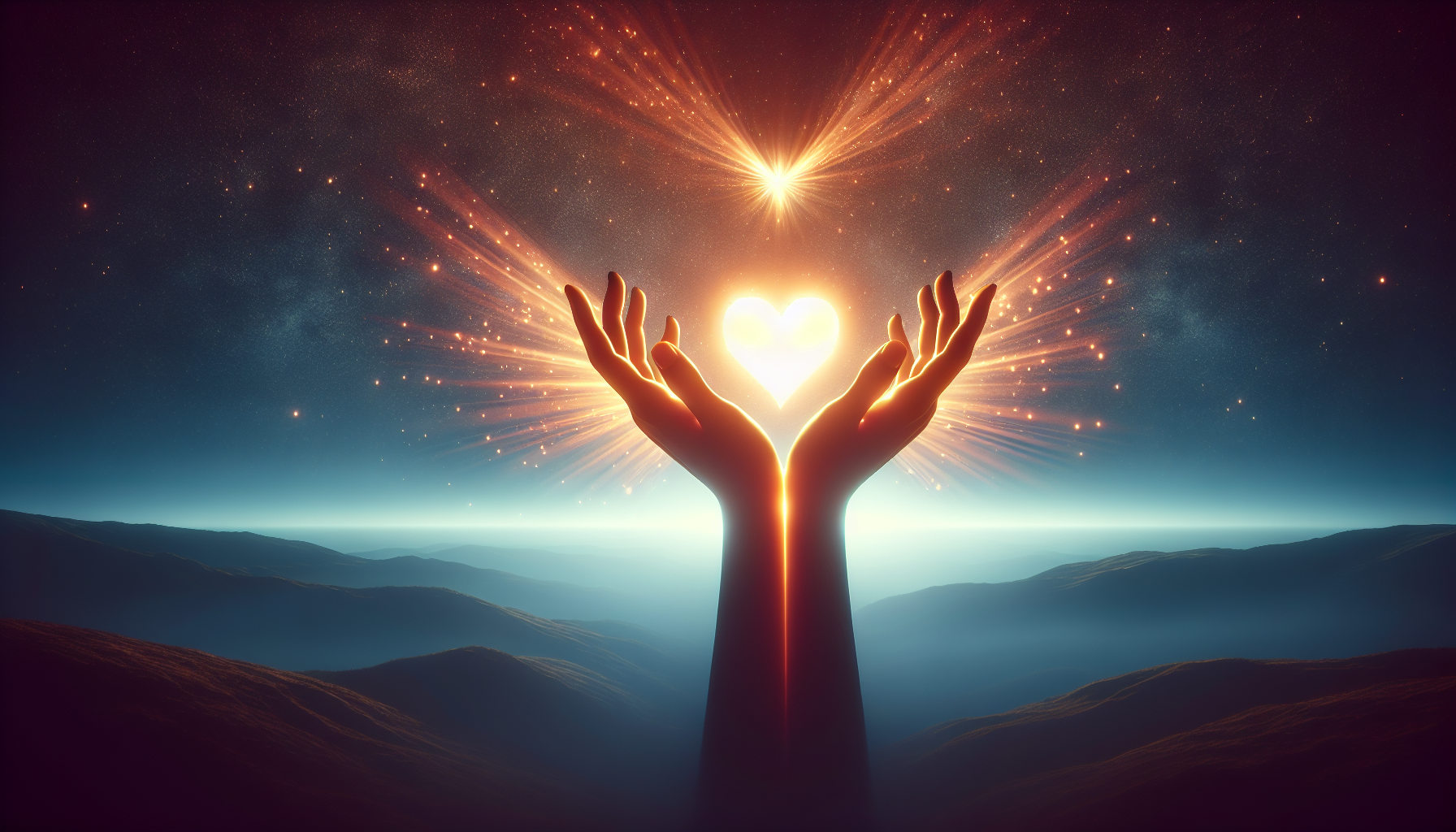Forgiveness is a powerful act that holds the potential to transform lives, heal deep wounds, and foster profound connections. When we love like we’ve been forgiven, we embrace a mindset that encourages compassion, understanding, and unity. But what does it truly mean to love like you’ve been forgiven, and how can we incorporate this philosophy into our daily lives?
The Power of Forgiveness
Forgiveness is often misunderstood as a sign of weakness or a concession of defeat. However, true forgiveness is a strength that liberates both the forgiver and the forgiven. As Nelson Mandela once said,
“Forgiveness liberates the soul, it removes fear. That’s why it’s such a powerful weapon.”
By forgiving others, we release the burden of resentment and open ourselves to the possibility of healing and renewal.
Embracing Empathy
To love like you’ve been forgiven, it’s essential to cultivate empathy. This means putting ourselves in another’s shoes and understanding their perspective. Empathy fosters compassion and helps us respond with kindness rather than judgment. When we empathize with others, we acknowledge their humanity and connect on a deeper level.
- Listen actively: Pay attention to what others are saying without interrupting. Validate their feelings and show that you care.
- Practice patience: Give others the time and space they need to express themselves. Avoid rushing to conclusions or offering unsolicited advice.
- Reflect on your own experiences: Consider times when you needed forgiveness and how it felt to receive it.
Letting Go of Grudges
Holding onto grudges can be toxic, affecting our mental and physical well-being. To love like you’ve been forgiven, it’s crucial to release past hurts and move forward with grace. As Psychology Today notes, forgiveness can lead to reduced stress, lower blood pressure, and improved heart health.
Letting go doesn’t mean forgetting or condoning harmful behavior. Instead, it involves acknowledging the pain, processing it, and choosing to release its hold over our lives. This act of letting go is a gift we give ourselves, allowing us to experience life with greater freedom and joy.
Practicing Radical Acceptance
Radical acceptance is the practice of embracing life as it is, rather than how we wish it to be. This mindset allows us to accept people, situations, and ourselves without judgment. By practicing radical acceptance, we learn to love others despite their flaws and imperfections, just as we wish to be loved in return.
Here are some tips for practicing radical acceptance:
- Focus on the present: Avoid dwelling on past grievances or worrying about the future.
- Embrace imperfection: Recognize that everyone, including yourself, has weaknesses and makes mistakes.
- Practice self-compassion: Be gentle with yourself, acknowledging that growth and learning are lifelong processes.
Transforming Relationships
When we love like we’ve been forgiven, we transform our relationships, creating environments of trust and mutual respect. This approach encourages open communication, vulnerability, and a willingness to work through challenges together.
Mahatma Gandhi wisely stated,
“The weak can never forgive. Forgiveness is the attribute of the strong.”
By embodying forgiveness in our relationships, we demonstrate strength and courage, paving the way for deeper and more meaningful connections.
Conclusion
To love like you’ve been forgiven is to embrace a life of empathy, compassion, and understanding. It is a conscious decision to let go of grudges, practice radical acceptance, and transform our relationships. By doing so, we not only heal ourselves but also contribute to a more harmonious and compassionate world.
Incorporating forgiveness into our daily lives may not always be easy, but it is undeniably rewarding. As we strive to love like we’ve been forgiven, we create a ripple effect of healing and love that extends far beyond our immediate circles, impacting the world in profound ways.
